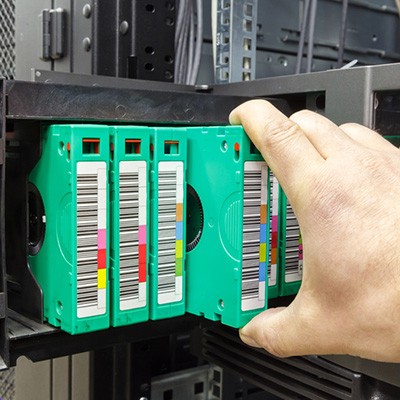It is remarkable how much trust people have in Internet-based companies. Not just that they will fulfill the expectations placed on them, but that people routinely provide extremely sensitive information to these companies without thinking for a second about what they do with it. We will take a look at data collection practices, what Internet companies want with that data, and how millions of people every year become victims because they entrust their PII (Personally Identifiable Information) to corporations that promptly lose it.
Poweron Technology Blog
Your business needs to have data backup and disaster recovery, period. There is no exception to this rule. The hard truth of the matter is that your business is risking far too much by not implementing data backup and disaster recovery. Today, we’ll examine scenarios in which a business might find its data threatened, as well as how modern businesses can keep their data safe, even when the world seems out to get them.
You can never know whether or not that app you just downloaded to your smartphone can expose your data or identity to risk. While Google Play and the iTunes store certainly put efforts into ensuring that users can safely browse their app stores, it’s unlikely that they can find every single malicious app out there before it infects someone’s device. Therefore, you need to consider the following measures to ensure that you don’t put your business at risk by downloading unsecure apps.
As invaluable as the security solutions that protect a network are, they can be effectively rendered useless if a cybercriminal is skilled in social engineering. Social engineering is the practice of using manipulation to access protected resources, as we will review later. If your business and its team are vulnerable to a social engineering attempt, you are missing a critical piece of your data security strategy.





